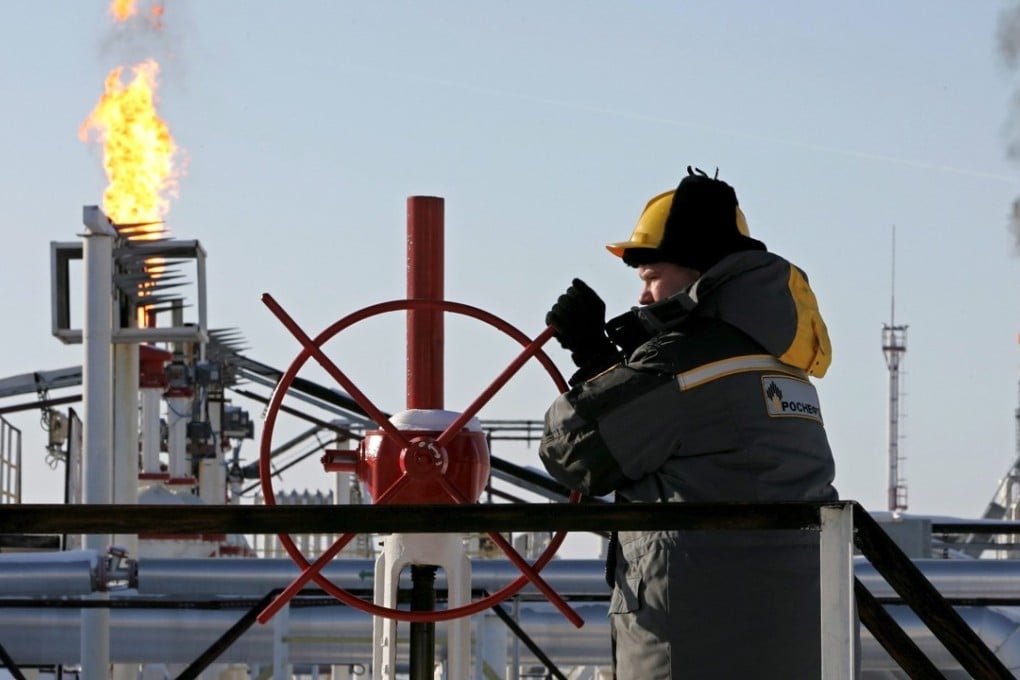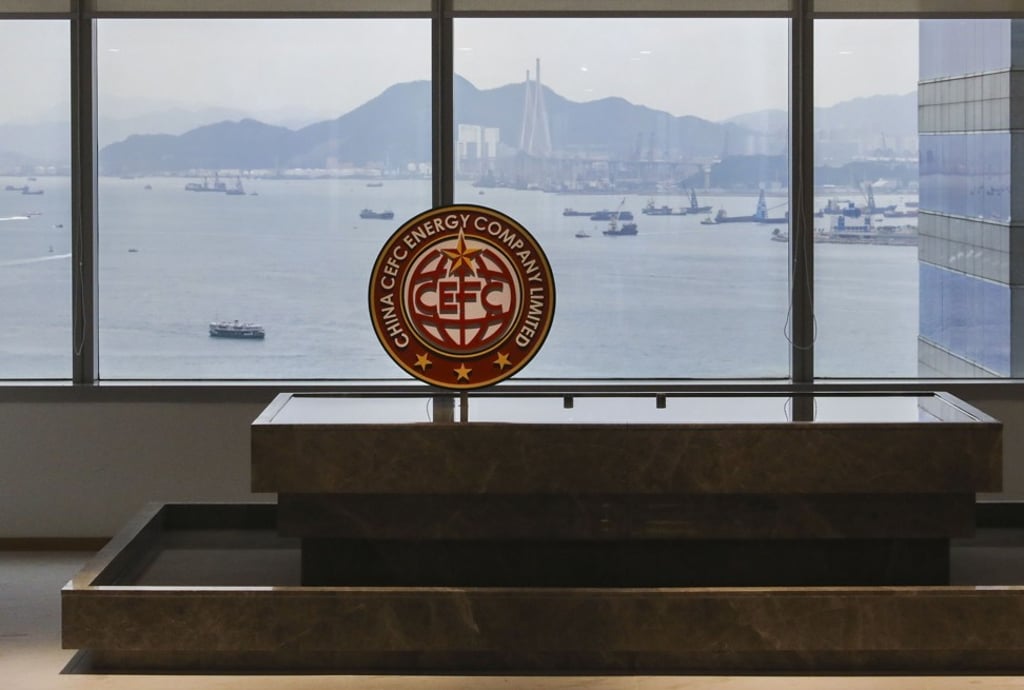Exclusive | Guosheng puts CEFC under state ward as crackdown intensifies on freewheeling private businesses
Wu Qing, a Shanghai vice mayor and former stock exchange chairman, is overseeing the coordination between Guosheng and CEFC, two sources said

China’s government, fresh on the heels of putting insurer Anbang Group under state ward, is seizing control of the management of the country’s largest non-state oil conglomerate, as a crackdown intensifies on private entrepreneurs and their freewheeling financing.
Wu Qing, a vice mayor in the Shanghai government and a former chairman of the city’s stock exchange, is overseeing the coordination between Guosheng and CEFC, two other financial industry sources said separately, declining to be named.

Appointed chairman of the Shanghai Stock Exchange in May 2016, Wu was credited with a strong and efficient oversight of the market during his tenure at the Shanghai bourse. He could not be reached for comment.